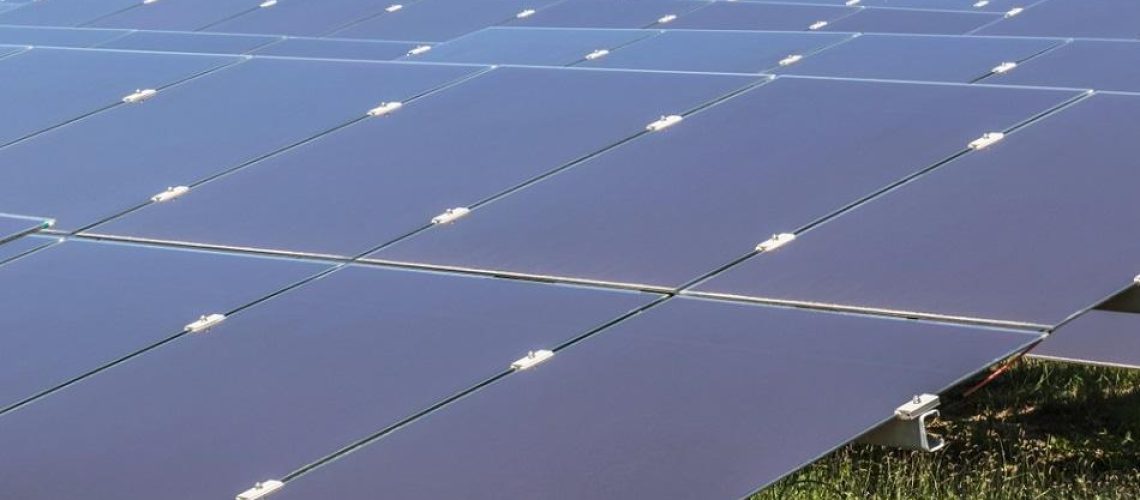Late last year President Biden signed an executive order to boost America’s clean energy economy, which included the goal of attaining 100% carbon pollution-free electricity by 2030, 100% zero-emission vehicle acquisition by 2035, and more. Achieving these goals would require extended dependence on China, which is responsible for much of the solar and renewable energy supply chain. Some of the downsides to the dependence on imports include the fact that China’s manufacturing sector employs low-cost or forced labor, its manufacturing facilities are powered with electricity produced from coal-fired plants.
This is a focus of the Inflation Reduction Act of 2022, which contains $370 billion in spending for renewable energy and climate measures. This historic level of investment is key to achieving American manufacturing independence and clean energy security.
The bill includes over $60 billion for domestic manufacturing across the clean energy supply chain, which includes clean energy vehicles.
What’s in the bill for US manufacturing?
- An investment of $30 billion in production tax credits to accelerate domestic manufacturing of solar panels, wind turbines, batteries, and critical minerals processing.
- A $10 billion investment tax credit to build clean technology manufacturing facilities, including those that make electric vehicles, wind turbines and solar panels
- $500 million in the Defense Production Act for heat pumps and critical minerals processing
- $2 billion in grants to retool existing auto manufacturing facilities to manufacture clean vehicles
- Up to $20 billion in loans to build new clean vehicle manufacturing facilities across the United States
- $2 billion for National Labs to accelerate breakthrough energy research
Tax credits across the solar supply chain were included:
- Manufacturing credit: 100% credit through 2029, 75% in 2030, 50% in 2031, 25% in 2032.
- Thin film photovoltaic cell and crystalline photovoltaic cell: $.04 per cell capacity in Wdc.
- Photovoltaic wafer: $12/sq. meter.
- Solar grade polysilicon: $3/kg.
- Polymeric backsheet: $0.04/sq. meter.
- Solar module: $0.07 per module capacity in Wdc.
- Torque tube: $0.87/kg.
- Structural fastener: $2.28/kg.
- Central inverter: $0.25 per capacity Wac.
- Commercial inverter: $0.015 per capacity Wac.
- Residential inverter: $0.06 per capacity Wac.
- Microinverter: $0.11 per capacity on Wac.
- Battery module: $10 per battery module capacity kWh.
- Critical mineral: 10% of costs incurred.
- Battery cell: $35 per battery cell capacity kWh.
“With long-term incentives for clean energy deployment and manufacturing, the solar and storage industry is ready to create hundreds of thousands of new jobs and get to work building out the next era of American energy leadership. This is a crucial window of opportunity that we cannot miss, and now Congress must seal the deal and pass this legislation,” said Abigail Ross Hopper, president of the Solar Energy Industries Association.
The bill is expected to head to the Senate floor for a vote as early as next week.



